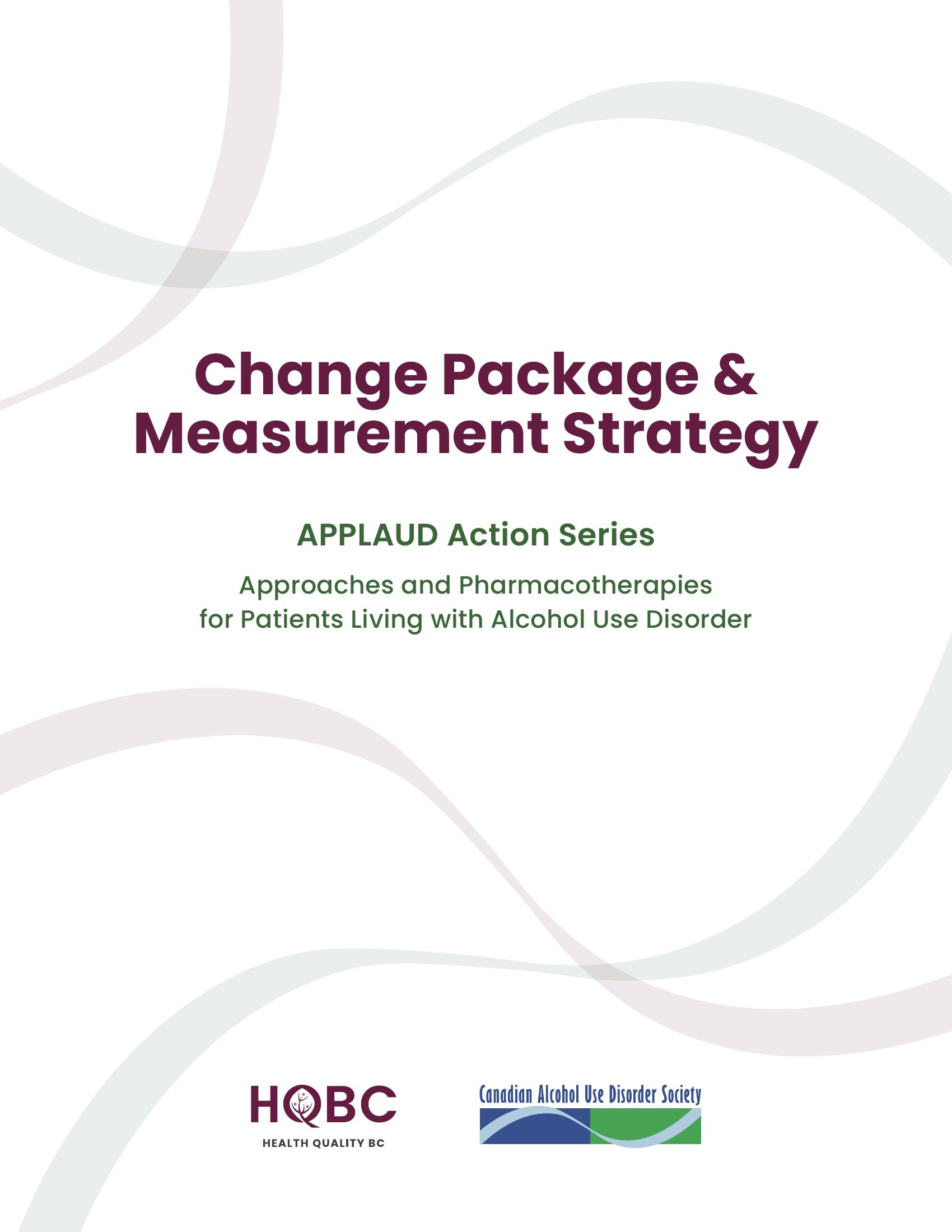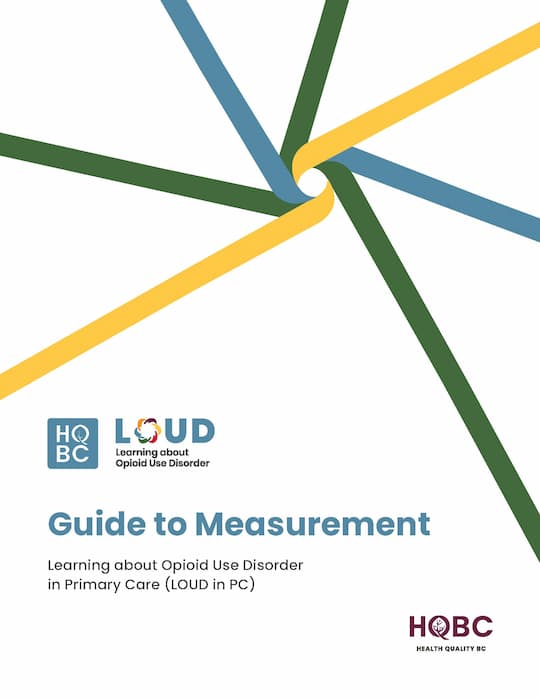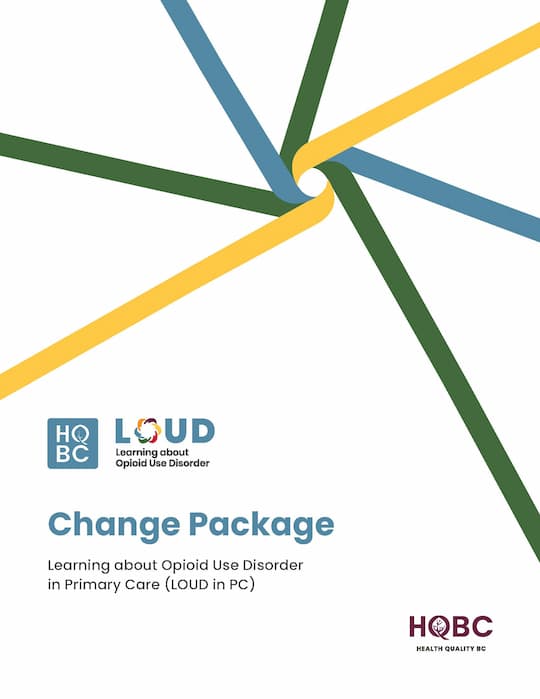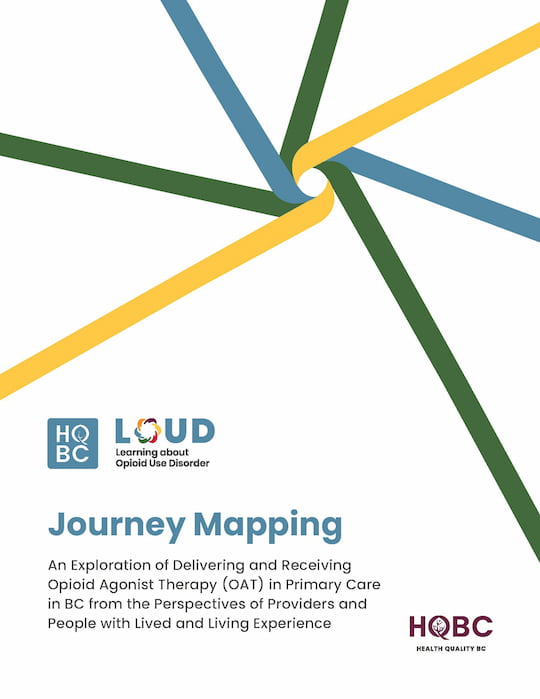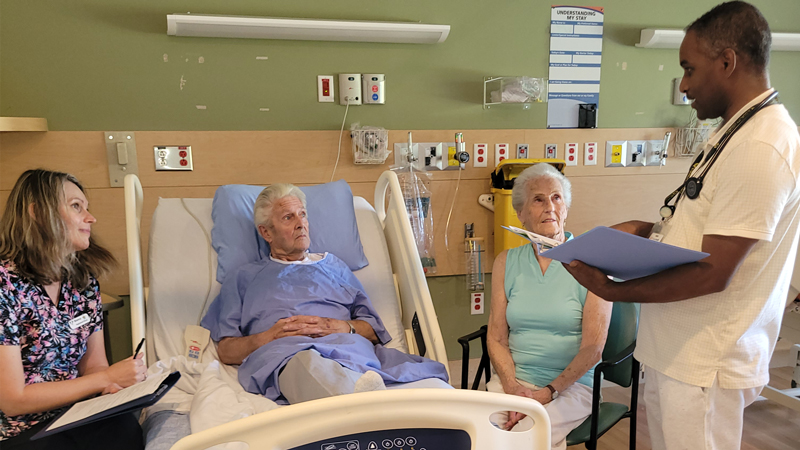The BC Health Quality Matrix
The Matrix can be used to develop metrics that comprehensively measure quality across seven Dimensions of Quality and five interconnected Areas of Care. By providing a shared definition of quality for BC, the Matrix supports a coordinated approach to thinking and learning about these dimensions and areas, how they relate to one another, and what everyone’s responsibilities are throughout a person’s health and wellness journey.
Spotlight on Our Resources
We are improving the quality of health care in BC one resource at a time. Find the one you need, from
improving workplace culture to care guidelines and teaching others about quality improvement.
Our Latest Updates
We are improving the quality of health care in BC one resource at a time. Find the one you need, from
improving workplace culture to care guidelines and teaching others about quality improvement.


